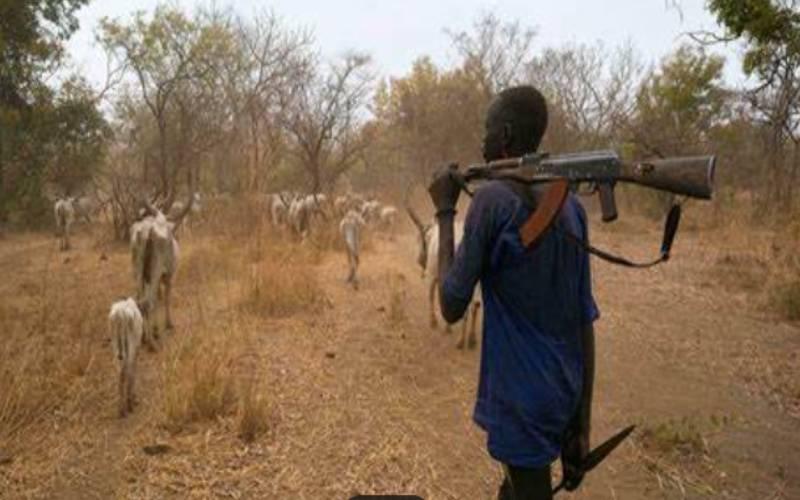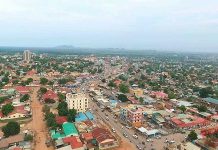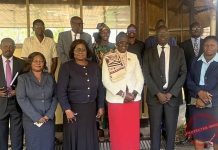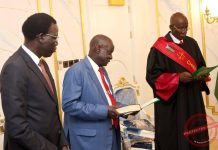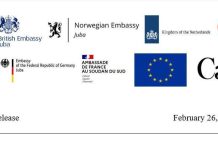Africa-Press – South-Sudan. On Friday, June 17, 2022, South Sudan officially signed up to transhumance protocols which were adopted by the Intergovernmental Authority on Development (IGAD) in 2021.
The two protocols provide for the free and orderly movements of livestock and herders in search of pasture and water across IGAD member states, with the aim of exploiting the full socio-conomic potential of the pastoral system.
The eight-member states, among them South Sudan, Djibouti, Ethiopia, Kenya, Somalia, Eritrea, Uganda, and Sudan shall recognise and allow free and safe seasonal cross-border mobility of livestock and herders as an adaptation and survival mechanism.
South Sudan as one of the leading livestock-keeping countries in the world has had its fair share of troubles, where pastoralism has been a source of violent conflicts. But the government now embarks on the protocols to bolster the economy through properly regulated livestock keeping.
According to the Food and Agriculture Organisation (FAO) of the United Nations, South Sudan has an estimated 12 million cattle, 20 million sheep, and 23 million goats—a fortune that has turned out to be a source of insecurity.
“We are happy to sign these protocols that were approved by IGAD member states because this is for the benefit of IGAD countries,” South Sudan’s Minister of Foreign Affairs and International Cooperation, Mayiik Ayii said. “So, free movements of pastoralists will help our economy and will help our country to grow.”
He added, “The pastoralists are not prisoners, they are not coming to stay forever, but they are coming for seasonal grazing and they will go back to their countries of origin. So, this mechanism will guide it and will regulate it and will put in other precautions like health.”
How the protocols work
The protocols stipulate guidelines to ensure the free and safe movements of cattle and herders from one country to another without causing violence.
First, member states will issue identification documents to transhumant herders that will be produced upon demand at the host country’s entry point.
The protocols further stipulate that the IGAD Secretariat shall coordinate and support the member states, with the involvement of respective communities to identify and map the existing and new stock routes and resources and designate them as ‘transhumance corridors’ through which herders may traverse.
Again, the protocols ensure the protection of herders through the development of livestock identification and tracking system, adopted by IGAD member states. Besides, the herders will have access to basic services such as education in areas where they reside outside their county origin.
Furthermore, there will be an early warning system which will allow the member states shall utilise information from the IGAD integrated early warning system to predict and plan for the transhumance of livestock migrating in search of water and pasture.
Besides, it will be the prerogative of the host communities and local authorities to define the areas where transhumant livestock shall be stocked and shall determine the maximum capacity of each grazing zone identified.
Above all, the transhumant herders will benefit through investment in border communities through integrated land use plans that take into account the needs of pastoralists, disaster risk management strategies, tracking of animal mobility, early warning mechanisms, and long-term investment in the pastoral areas.
South Sudan context
Besides internal conflict over grazing land and drinking water, claiming hundreds of lives and causing displacements, South Sudan faces external cattle-related conflict too. Bordering communities in the north have a conflict with Misseriya community of Sudan; on the southern and eastern borders with Ugandans and Kenyans respectively.
However, while herders will enjoy fundamental rights in the host community, they will be obliged to observe the laws and regulations of the host country so as to avoid violence.
Under the protocols, the herders shall not be allowed to cross the frontier of another member state with firearms.
For More News And Analysis About South-Sudan Follow Africa-Press

